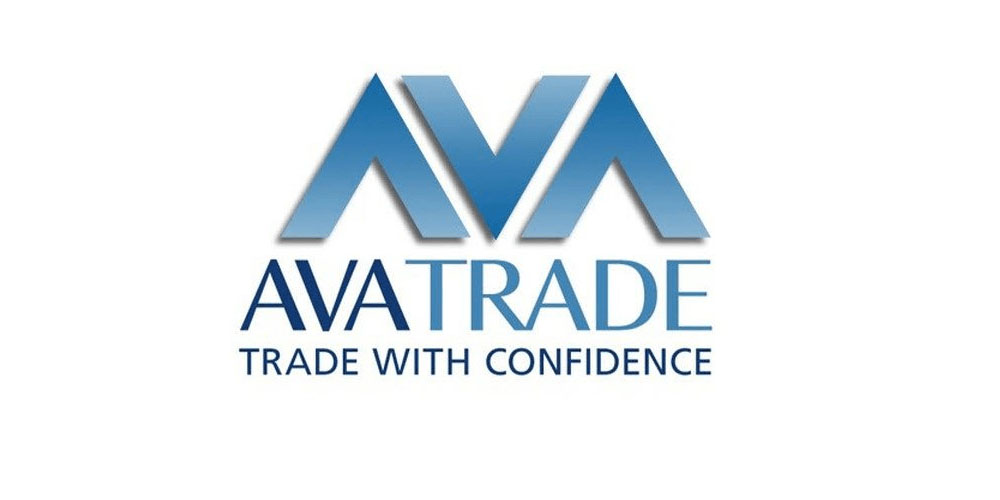Forex brokers like Avatrade are an essential part of the money market. They operate in different ways, offering different trading platforms. However, they all provide similar basic services and end goal, i.e., giving you access to the trading platform and assisting in making the right trade deals. The market is filled with brokers of different kinds to choose from as long as they meet your needs. It’s important to note that whoever you select can affect your trading experience positively or negatively. We look at the types of forex brokers available down below.
Types of Forex Brokers
Forex brokers are divided into two major categories: Dealing desk and non-dealing desk. The dealing desk refers to a section of traders in charge of the inventory and operations of the broker’s firm. This type of broker works in a closed area and has price rates specific for them. In this category, the client’s order is filled by matching their buying and selling order or through the counterparty in case matching is impossible. Brokers with dealing desks are known as Market Maker.
Non-dealing desk brokers don’t have their set prices; instead, the interbank system gives them the price quotes. The clients’ orders are processed by a direct link to the liquidity providers like banks, mutual funds, or hedge funds. Brokers without a dealing desk are divided into two: Straight Through Processing broker (STP) and Electronic Communication Network (ECN).
1. Market Makers Brokers
On the trading platform, these brokers develop a market for their customers for easy trading of currencies. The number of people involved in forex trading is huge, resulting in an increased amount of orders. The orders are run within the firm from an inventory by creating a counterparty for every deal, or the broker takes the counterparty.
The brokers are not dependent on the interbank and can come up with their prices, that is, the selling and buying price of the base currencies. They get their share or profits mostly from fixed spreads from the customer’s investment.
2. Straight Through Processing Brokers
STPs don’t have a dealing desk and have quote prices similar to that of the interbank. Exclusive trading within the interbank system has few limitations; hence the STPs brokers sometimes evade them. They apply the Market Maker policies, creating a flexible trading environment. Complex algorithms are also employed to tell the most profitable way of dealing with your trade; to direct it to the interbank system or trade against you.
The brokers offer adequate leverages, but the spreads are dynamic, making it hard to know the amount of money that will be deducted once you start trading.
3. Electronic Communications Network Brokers
Like STPs, these brokers connect the customers with counterparties directly from the interbank. The broker links the buyers and sellers during the transaction and uses set prices given by the bank. At times despite the set prices, no party is available to accept your trade-in the interbank, and the broker cannot execute it. In this case, a re-quote is issued, or your trade is rejected. Leveraged trading is usually limited, and the broker needs a rollover and commission fee.
Conclusion
Like earlier said, the type of broker you choose has a certain effect on your trade. Find out what type of broker they are and where your money is taken once you make a trade. Then go for the one that matches your interests and can help you grow in the forex industry.
